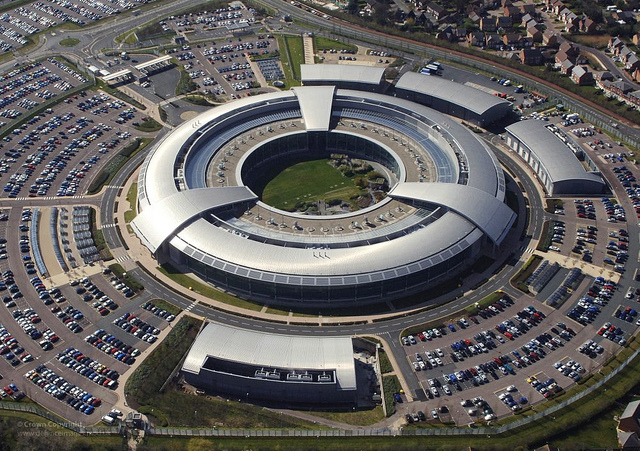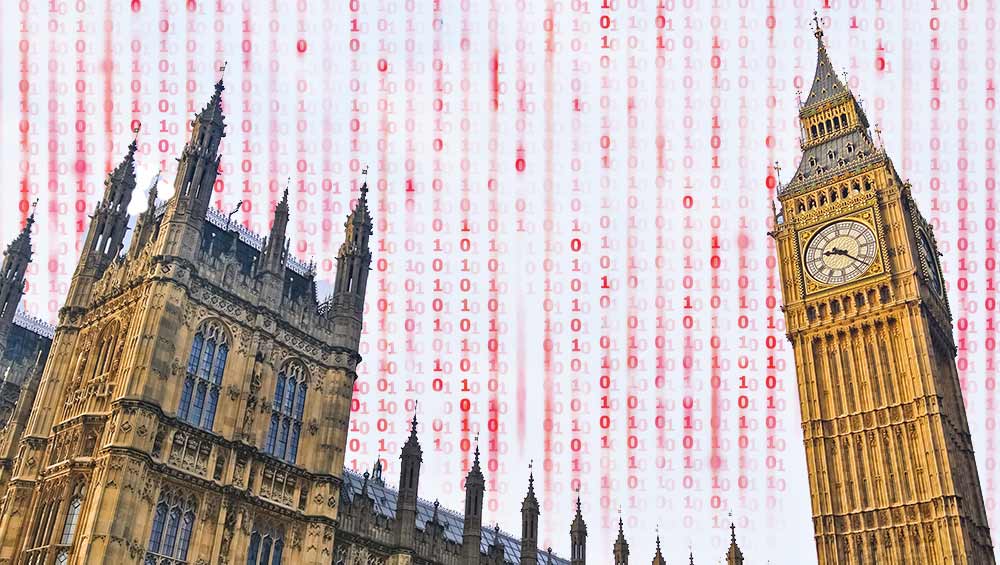Gov waters down Investigatory Powers Bill spying measures
ISPs will no longer be required to hold data on third-parties, Theresa May confirms

Home secretary Theresa May will drop some controversial elements from the Investigatory Powers Bill ahead of its appearance in Parliament on Wednesday.
The bill is a redrafted version of the Communications Data Bill, dubbed the Snooper's Charter, which was first introduced in 2012 but blocked by the Liberal Democrats during the coalition government.
A requirement for UK ISPs to keep data on third-parties will be scratched from the bill, as will the ability to access people's browsing histories, May told the BBC.
Speaking on the Andrew Marr show, she said: "It doesn't have some of the more contentious powers that were in that [Snooper's Charter] bill.
"So, for example, we won't be requiring communication service providers from in the UK to store third-party data, we won't be making the same requirements in relation to data retention on overseas CSPs.
"And crucially, we will not be giving powers to go through people's browsing history. That is not what the investigatory powers bill is about."
The changes come after consultation with civil liberties organisations as well as ISPs, May said, in time for the bill to be presented to Parliament on Wednesday.
Sign up today and you will receive a free copy of our Future Focus 2025 report - the leading guidance on AI, cybersecurity and other IT challenges as per 700+ senior executives
The bill is intended to upgrade the UK's anti-terrorism measures, to address alleged surveillance gaps the government believes are "severely degrading" intelligence agencies' ability to fight terrorists.
Despite May's promise about browsing histories, the bill is expected to require communications firms to hold data on website domains a person has visited for 12 months though only the main site, rather than the pages within the site, would be recorded.
With Labour arguing that only judges rather than ministers - should be able to issue warrants for spy agencies to access specific page visits, May said the government would reveal its decision on this matter on Wednesday.
"Encryption is important for people to be able to keep themselves safe when they are dealing with these modern communications in the digital age, but we will be setting out the current position, which does enable the authorities with proper authorisation to issue warrants," she said.
-
 I couldn’t escape the iPhone 17 Pro this year – and it’s about time we redefined business phones
I couldn’t escape the iPhone 17 Pro this year – and it’s about time we redefined business phonesOpinion ITPro is back on smartphone reviews, as they grow more and more intertwined with our work-life balance
-
 When everything connects, everything’s at risk
When everything connects, everything’s at riskIndustry Insights Growing IoT complexity demands dynamic, automated security for visibility, compliance, and resilience
-
 Government 'must be held to account' over illegal Snooper's Charter
Government 'must be held to account' over illegal Snooper's CharterNews Gov should be given until April to make changes to the Investigatory Powers Act, court told
-
 UK faces challenges to bulk spying in European Court of Human Rights
UK faces challenges to bulk spying in European Court of Human RightsNews Privacy groups argue bulk data collection breaches Article 8 in landmark court case
-
 Liberty wins right to challenge Snooper’s Charter
Liberty wins right to challenge Snooper’s CharterNews Campaign group's crowdfunded challenge gets High Court go-ahead
-
 The government needs to abandon its war on WhatsApp
The government needs to abandon its war on WhatsAppOpinion Encryption might seem like an easy target, but mess with it at your peril
-
 “Deeply misguided”: tech industry rejects Rudd’s attack on encryption
“Deeply misguided”: tech industry rejects Rudd’s attack on encryptionAnalysis Experts warn that banning encryption leaves UK open to hackers
-
 The fight against the Investigatory Powers Bill isn't over yet
The fight against the Investigatory Powers Bill isn't over yetOpinion The Snooper's Charter may have been struck down - but it will be back
-
 Investigatory Powers Bill passes through Parliament
Investigatory Powers Bill passes through ParliamentNews Now only Royal Assent is required to enshrine Snooper's Charter in UK law
-
 GCHQ, MI5 and MI6 "unlawfully" collected data for over a decade
GCHQ, MI5 and MI6 "unlawfully" collected data for over a decadeNews Tribunal rules GCHQ, MI5 and MI6 surveillance breached Article 8 of the ECHR